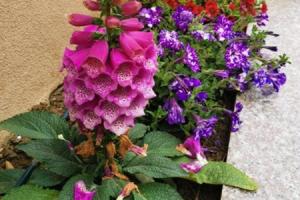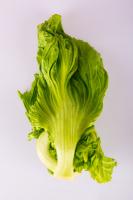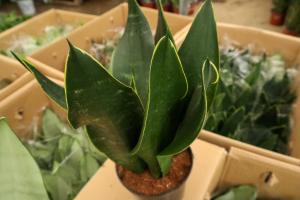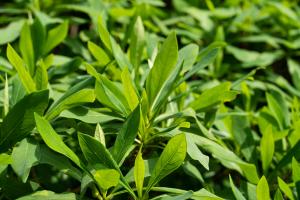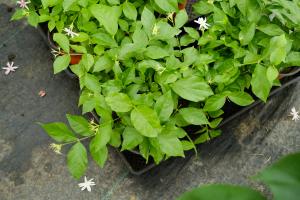Is Peppermint Plant Safe for Cats?
Peppermint is a popular herb that is commonly used in various products such as toothpaste, candies, and essential oils. However, many cat owners are wondering if it is safe to have peppermint plants around their feline friends. In this article, we will explore whether peppermint plant is safe for cats.
What is Peppermint Plant?
Peppermint plant is a hybrid of watermint and spearmint plants. It has a refreshing scent and taste that is used in many food, cosmetic, and medicinal products. Peppermint leaves are known for their high concentration of menthol, which has numerous health benefits, such as relieving nausea, headaches, and congestion.
Risks of Peppermint Plant for Cats
Although peppermint plant has numerous health benefits for humans, it can be dangerous for cats. The following are the risks of having peppermint plants around cats:
1. Toxicity: Peppermint plants contain essential oils that can be toxic to cats if ingested in large amounts. The high concentration of menthol in peppermint can cause gastrointestinal upset, such as vomiting and diarrhea, and even liver damage.
2. Allergies: Some cats may be allergic to peppermint. If a cat comes into contact with peppermint plants, it may experience skin irritation, itching, and redness. Respiratory allergies such as sneezing and coughing may also occur.
3. Obstruction: Cats are notorious for chewing on plants. Peppermint plants have small and fragile leaves that can easily be ingested by cats, leading to possible obstruction in the digestive tract.
Alternatives to Peppermint Plant for Cats
Fortunately, there are many alternatives to peppermint plant that are safe for cats. The following are some alternatives that you can consider if you want to add some greenery to your home:
1. Catnip: Catnip is a member of the mint family that is safe for cats. Its leaves and stems contain a chemical compound called nepetalactone, which is known to trigger a response in cats that can have a calming and relaxing effect.
2. Spider Plant: Spider plants are a great option for cat owners as they are not toxic to cats. They are easy to care for and have trailing stems that cats can play with.
3. Pet Grass: Pet grass is a type of grass that is specifically grown for pets. It is safe for cats to eat and helps to aid digestion.
In conclusion, while peppermint plant has several health benefits, it is not safe for cats. Peppermint plants can be toxic to cats, cause allergies, and even lead to obstruction in the digestive tract. As an alternative, cat owners can consider safe plants such as catnip, spider plant, and pet grass. Always remember to keep your home environment safe and free of toxic substances for your furry friends.

 how many times do yo...
how many times do yo... how many planted tre...
how many planted tre... how many pine trees ...
how many pine trees ... how many pecan trees...
how many pecan trees... how many plants comp...
how many plants comp... how many plants can ...
how many plants can ... how many plants and ...
how many plants and ... how many pepper plan...
how many pepper plan...